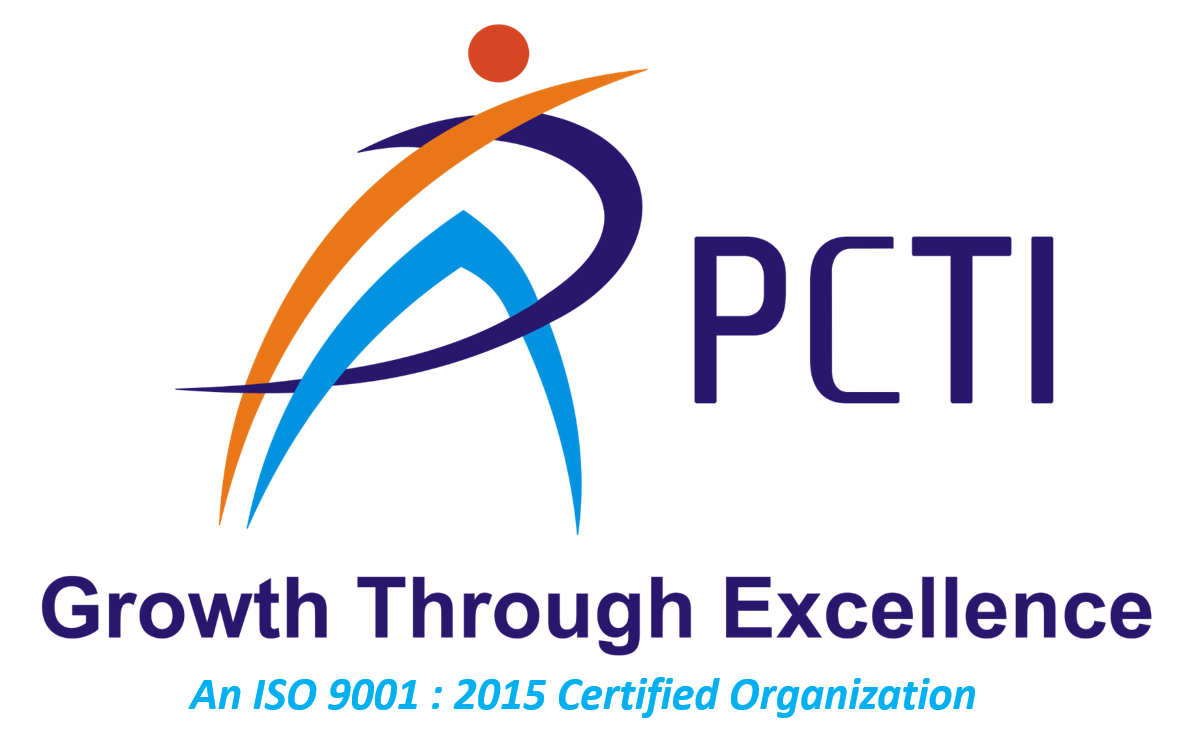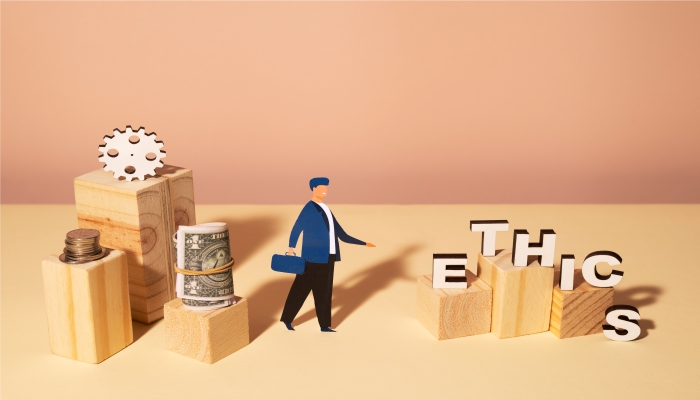Value of ethics in profession or life
Ethics are usually described in relation to values, as they are the moral philosophy and implementation of one's values. Personal or professional ethical codes give the ability to recognize what is right, fair, honorable and righteous.
Professional ethics are important for several reasons. First, most professionals have an informational advantage over those they serve. ... Professional ethics will provide the useful function of identifying these moral hazards and providing the appropriate avoidance or work-around strategies.
DIFFERENT TYPES OF ETHICS
Includes your personal values and moral qualities.
Influenced by family, friends, culture, religion, education and many other factors.
Examples: I believe racism is morally wrong. I am in favor of abortion.
Personal ethics can change and are chosen by an individual.
COMMON ETHICS
Ethics that the majority of people agree on.
Many philosophers argue there is no such ethics.
Do we have the same ethics in the world? Do we have the same ethics in the U.S.? Does everyone in your family share the same ethics?
Examples: Murdering people for the sake of murder is wrong.
Notice how this would change in the context of self-defense.
Common ethics have to be very general to avoid disagreement.
PROFESSIONAL ETHICS
- Ethics that the majority of people agree on.
- Many philosophers argue there is no such ethics.
-
Do we have the same ethics in the world? Do we have the same ethics in the U.S.? Does everyone in your family share the same ethics?
- Examples: Murdering people for the sake of murder is wrong.
- Notice how this would change in the context of self-defense.
- Common ethics have to be very general to avoid disagreement.
How Values, Morals And Ethics Are Inextricably Tied Together
The moral values in our lives hold great importance from the point of personal, social and spiritual development. Values, morals and ethics are inextricably tied together. The preservation of human life is the ultimate value, a pillar of ethics and the foundation of all morality.
Values are what we learn from childhood; the ‘stuff’ we acquired from our parents and immediate surroundings. Values are the motive power behind purposeful action. Moral values are meant for making the quest to find the higher self an easier. Many amongst us may find it difficult to follow values such as truthfulness, honesty, forgiveness in our lives because we have not perceived the subtle gains that come to us by following these values. Or, maybe, we are careless to realize the importance of values in life.
Ethics, on the other hand, are how we actually do behave in the face of difficult situations that test our moral fiber. Ethics are the code or principles on which one’s character depend. Ethics and character are closely related. Values are essential to ethics to develop at an early age and can be instrumental to building character.
Whereas, morals are the intrinsic beliefs developed from the value systems of how we ‘should’ behave in any given situation. Moral values are the standards of good and evil, which govern an individual’s behaviour and choices.
IMPORTENCE OF ETHICS
Most of us would agree that it is ethics in practice that makes sense; just having it carefully drafted and redrafted in books may not serve the purpose. Of course all of us want businesses to be fair, clean and beneficial to the society. For that to happen, organizations need to abide by ethics or rule of law, engage themselves in fair practices and competition; all of which will benefit the consumer, the society and organization.
Primarily it is the individual, the consumer, the employee or the human social unit of the society who benefits from ethics. In addition ethics is important because of the following:
SATISFYING BASIC HUMAN Needs: Being fair, honest and ethical is one the basic human needs. Every employee desires to be such himself and to work for an organization that is fair and ethical in its practices.
CREATING CREDIBILITY: An organization that is believed to be driven by moral values is respected in the society even by those who may have no information about the working and the businesses or an organization. Infosys, for example is perceived as an organization for good corporate governance and social responsibility initiatives. This perception is held far and wide even by those who do not even know what business the organization is into.
UNITING PEOPLE AND LEADERSHIP: An organization driven by values is revered by its employees also. They are the common thread that brings the employees and the decision makers on a common platform. This goes a long way in aligning behaviors within the organization towards achievement of one common goal or mission.
IMPROVING DECISION MAKING: A man’s destiny is the sum total of all the decisions that he/she takes in course of his life. The same holds true for organizations. Decisions are driven by values. For example an organization that does not value competition will be fierce in its operations aiming to wipe out its competitors and establish a monopoly in the market.
LONG TERM GAINS: Organizations guided by ethics and values are profitable in the long run, though in the short run they may seem to lose money. Tata group, one of the largest business conglomerates in India was seen on the verge of decline at the beginning of 1990’s, which soon turned out to be otherwise. The same company’s Tata NANO car was predicted as a failure, and failed to do well but the same is picking up fast now.
SECURING THE SOCIETY: Often ethics succeeds law in safeguarding the society. The law machinery is often found acting as a mute spectator, unable to save the society and the environment. Technology, for example is growing at such a fast pace that the by the time law comes up with a regulation we have a newer technology with new threats replacing the older one. Lawyers and public interest litigations may not help a great deal but ethics can.

